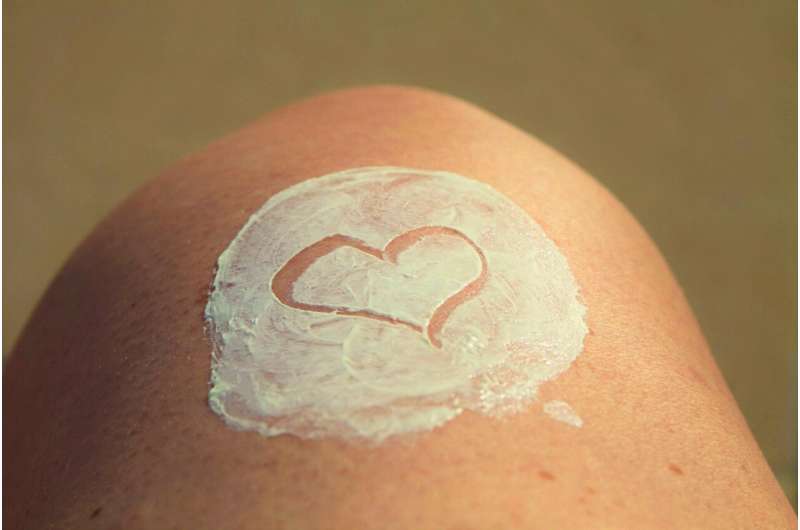Egg White Hydrolysates: A Promising Natural Solution for Hypertension

Hypertension, commonly known as high blood pressure, remains a significant global health challenge, increasing the risk of cardiovascular diseases, strokes, and kidney failure. It often develops due to mechanisms such as heightened activity of the renin-angiotensin system (RAS), inflammation, and oxidative stress within the body. While pharmaceutical options are available, they can sometimes lead to undesirable side effects, prompting researchers to seek safer, natural alternatives.
Egg whites are renowned for their high-quality proteins and bioactive peptides, which have demonstrated antioxidant, anti-inflammatory, and antihypertensive properties. Recent scientific studies have revealed that even after removing ovotransferrin, egg white proteins can still produce antihypertensive peptides effective in controlling blood pressure.
A notable study published in Food Materials Research on December 30, 2024, by Jianping Wu and colleagues from the University of Alberta, explored the potential of egg white hydrolysates as functional food ingredients for managing hypertension. In this research, spontaneously hypertensive rats (SHRs) were administered egg white hydrolysate (EWH) and ovotransferrin-depleted egg white hydrolysate (OD-EWH) at a dosage of 1 gram per kilogram of body weight daily for nine days.
The findings indicated that both hydrolysates significantly lowered systolic blood pressure—from over 178 mmHg in untreated rats to approximately 160 mmHg with treatment—alongside reductions in mean arterial pressure and diastolic blood pressure, without impacting heart rate. The treatments also upregulated ACE2 enzyme expression in the aorta, which plays a vital role in vascular health. Notably, OD-EWH increased levels of the AT2R receptor and enhanced the expression of endothelial nitric oxide synthase (eNOS), suggesting improved nitric oxide production for vasodilation.
Further analysis revealed that both hydrolysates reduced oxidative stress markers in blood vessels and kidneys, with EWH uniquely decreasing markers of vascular inflammation like VCAM-1. These mechanisms, including the modulation of the RAS system, activation of eNOS, and antioxidant effects, highlight OD-EWH's potential as a natural antihypertensive agent.
This research underscores the therapeutic promise of specially processed egg white proteins, particularly those depleted of ovotransferrin, in managing high blood pressure through safe, food-based interventions. The development of such functional ingredients could offer a cost-effective and side-effect-free alternative to conventional medications, contributing to better cardiovascular health outcomes.
As science continues to explore natural solutions, egg white hydrolysates stand out as a promising candidate for future dietary strategies against hypertension. Further research could pave the way for innovative functional foods that support healthier blood pressure regulation.
Stay Updated with Mia's Feed
Get the latest health & wellness insights delivered straight to your inbox.
Related Articles
Enhancing Cancer Recovery with Remote Monitoring Technology
Recent research shows that remote perioperative monitoring significantly enhances recovery outcomes for cancer surgery patients by enabling early intervention and personalized care through digital health tools.
Pregnancy and the Rising Threat of Measles Outbreaks in Canada
Rising measles outbreaks in Canada pose serious health risks to pregnant women and their unborn children. Experts emphasize the importance of vaccination, early treatment, and tailored clinical protocols to protect this vulnerable group.
Sun Safety Tips: Expert Advice from a Dermatologist to Protect Your Skin
Learn essential sun safety tips from a dermatologist to prevent skin damage and reduce skin cancer risks through effective sunscreen use, protective clothing, and awareness of UV exposure.
How Daylight Enhances the Immune System's Infection-Fighting Power
Discover how exposure to natural daylight can enhance your immune system's ability to fight infections by regulating neutrophil activity through circadian rhythms.



